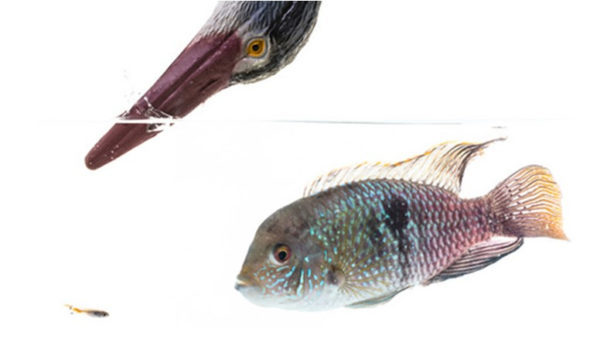Wilson Group – Evolution, behaviour, genetics
Wilson Group – Evolution, behaviour, genetics

Current projects range from investigations of ‘personality’ in guppies to dissecting the genetic basis of speed improvement in racehorses. Although diverse, the central theme running through our projects is that we try to understand how phenotypes respond to selection and why – sometimes – they don’t.
We use a range of laboratory systems in our empirical work
These include wild-type guppies and swordtails, as well as red cherry shrimp which we are developing as an aquatic invertebrate model. In these animals we study morphology, life history, physiology and colour traits. However, we are particularly focusing on the evolution of animal personality traits such as boldness and aggression. We use video tracking to measure behavioural traits, allowing for high throughput data collection.



We also work with field data
Usually this is done through collaborations with ecologists working on long-term individual based studies of vertebrates. Current projects include collaborations with Sam Patrick (Liverpool) to understand the costs of reproduction in albatrosses the Southern Ocean, and work with Jocelyn Poissant (Calgary) and Phil McLoughlin (Saskatchewan) on wild horses living on Sable Island, Nova Scotia. In the past I have worked with on a lot of wild mammal (e.g. sheep, deer, badgers) and bird (e.g. great tits, blue tits, flycatchers, sparrow weavers) systems.
We use quantitative genetics as a framework for studying phenotypic evolution
Although we often use theory from behavioural ecology to guide us, most of our projects are rooted in a more quantitative genetic approach that emphasises the important of inheritance – as well as selection – for understanding adaptive evolution. We use statistical models that rely on knowing pedigrees or relatedness to investigate inheritance . However, we also use molecular genetic and genomic techniques when we think these are the best tools for the job.
If you are interested in learning more about quantitative genetic genetic methods then the ‘wild animal model’ community has compiled WamWIKI as a useful resource.